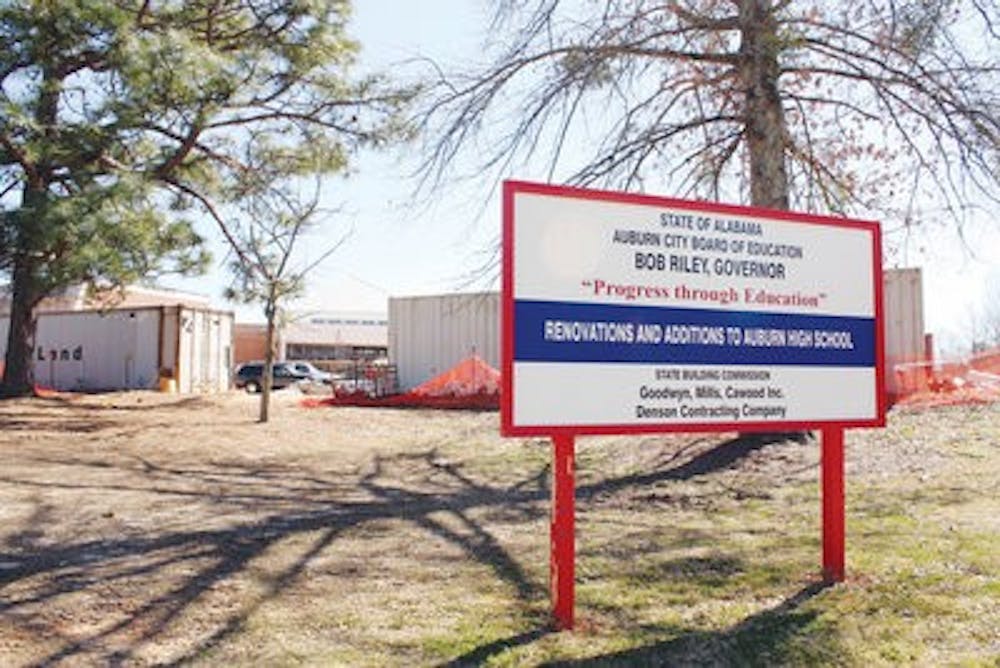The Rolling Reserve Budget Act, developed by Rep. Greg Canfield, may change the way budgets are planned for public schools in Alabama.
Canfield's bill will look at the next 15 years and average those budgets together to figure out a reasonable cap for the budget.
The hope is that this bill will avoid proration and will help schools regain funds lost during this slow economic period.
Proration occurs when projected budgets are reduced so the amount of funds requested changes to match the amount of funds available.
"There is too much uncertainty that comes along with proration," Canfield said. "The rolling reserve bill caps spending at a realistic sustainable growth rate and sets money aside when times are good, so that when times are bad you can pull money out of that reserve to avoid proration."
However, the bill is being delayed by The House Education Appropriations Committee.
"The primary issue is timing, and the concern of knowing that the cuts in education have been due to the recession," Canfield said. "There is a concern of when you would actually start the rolling reserve budget process in a way that they wouldn't have to give up any growth that would occur in the next 24 months."
Some from the School Superintendents of Alabama say they think most people think the bill will work, but they don't know if they are stable enough at this time to make such a change.
"There are still a lot of questions about this bill, like do we want to do that when we've got such a far climb out of the hole from being in proration the past three years," said Lisa Woodard, director of research and legislation with the school superintendents.
Over the past three years, school systems have been forced to dip into their savings to fulfill funding needs, Woodard said. They now find themselves using funds to pay people back and they are not able to spend the money required to deliver a higher quality of education.
"We have wiped out all our savings accounts," Woodard said, "so now we have nothing to go borrow from. We have a commitment to pay them back and we are in an economy that isn't spending money. The biggest issue is that you don't have the revenue that you had in the past."
The problem with the budget at this time is the legislation has predicted their budgets for previous years based on past economic situations, but they have not been able to meet those budgets, so everyone in the education trust fund is being prorated.
"It will significantly reduce the likelihood of proration," said Sally Howell, executive director of the Alabama Association of School Boards. "We will begin making progress on building reserves. We would like to be able to regain some of those losses we have had."
Many schools and universities are looking for Canfield's bill to give the stability and funding needed to improve education, Canfield said.
"When you talk to local schools and even universities, you find very quickly that they are challenged to provide quality education in a system of budgeting that ends up prorating their budgets one-third of the time," Canfield said. "It will help universities. The stability that would be created by this would virtually eliminate the likelihood of proration. This would give universities and colleges a stable environment to plan their operation and tuition schedules by eliminating the threat of proration."
Do you like this story? The Plainsman doesn't accept money from tuition or student fees, and we don't charge a subscription fee. But you can donate to support The Plainsman.





